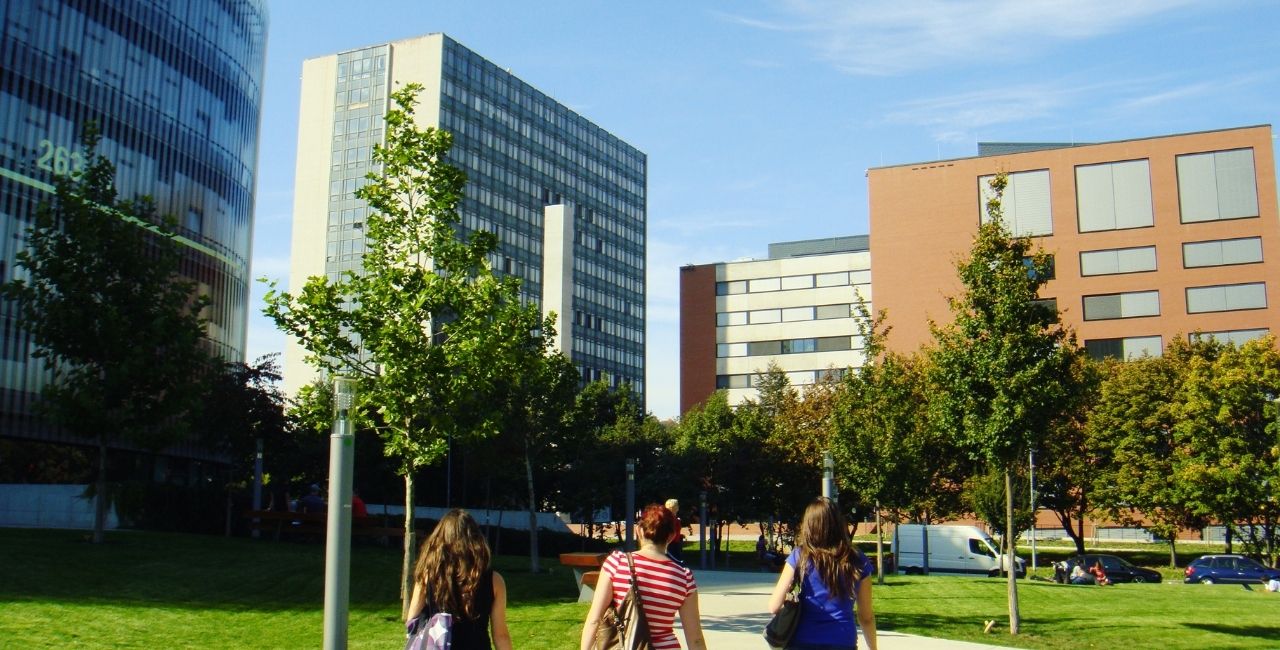Russian University Students in the Czech Republic Could Face Restrictions

Several hundred Russians studying technical subjects at Czech universities may be forced to stop their studies or switch degrees. Czech authorities say this is in order to comply with EU-wide sanctions against Russia.
In an official memo to all universities, Deputy Education Minister Radka Wildova said EU sanctions forbid providing technical assistance to people or organizations from Russia. As such, providing higher education or supporting applied research could count as rendering technical assistance, she said.
Czech universities, however, are largely autonomous in their decision-making, meaning Czech authorities can merely recommend Russian students be excluded from certain courses or subject areas. Wildova nevertheless warned that universities “risk losing international credibility” if they do not comply with EU sanctions, according to Czech news platform Aktualne.cz.
Universities reluctant to kick out students
The Czech Technical University in Prague (CTU) is one of the institutions that could be most severely affected by the move — some 800 Russians are enrolled there among its 17,000 students. “We are trying to find a way to comply with the sanctions and at the same time enable Russian students to continue their studies,” said CTU Chancellor Lucie Orgonikova.
“We want at all costs to avoid students being forced to return to Russia because of the sanctions.”
Under the sanctions, Russians could be barred, for example, from studying cybernetics and aviation. CTU has, however, said students of such subjects who send a letter formally distancing themselves from Russia’s war in Ukraine can then apply for a special permit to continue their studies.
But Orgonikova stressed that “this was not a condition for making an exception, just one of the options.”
Students could face Kremlin’s wrath
“The war is making it harder for me to stay in the Czech Republic,” Ilia, a Russian student at Brno University of Technology, told hlidacipes.org. Her studying in the IT department, she said, is now seen as rendering technical assistance to Russia. “Each day, I am expecting to be told I have to interrupt my studies.”
Some Russian students are critical of the Czech authorities.
Some, like Nikita Iryupin, are planning to apply for a permit to keep studying. Iryupin just earned his bachelor’s degree in software engineering and now wants to pursue a postgraduate degree. “I will send a letter”. Iryupin and others even organized a major anti-war protest that drew thousands of people to central Prague. He now fears Russia will regard him as a “traitor.”
Iryupin recognizes that many of his fellow Russian students may worry about formally distancing themselves from Putin in a letter, even though most oppose the war. “Many students fear their letter could be leaked and that the Russian government will persecute them, as well as their relatives inside Russia — just like the relatives of opposition figures who have gone into exile,” he says. Nobody, he says, wants to put their family at risk.
In total, some 8,500 Russians are enrolled at Czech universities at this present time.
Support Prague Morning!
We are proud to provide our readers from around the world with independent, and unbiased news for free.
Our dedicated team supports the local community, foreign residents and visitors of all nationalities through our website, social media and newsletter.
We appreciate that not everyone can afford to pay for our services but if you are able to, we ask you to support Prague Morning by making a contribution – no matter how small 🙂 .




